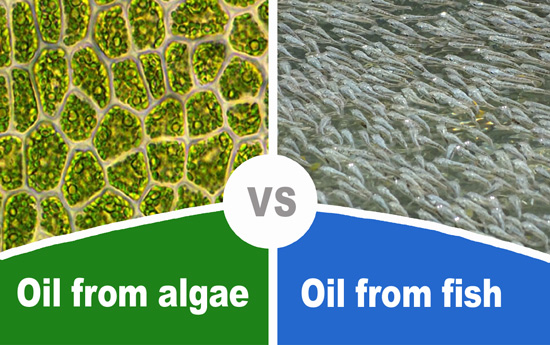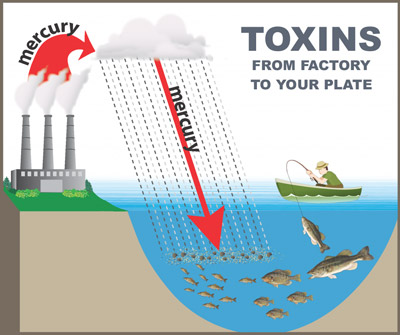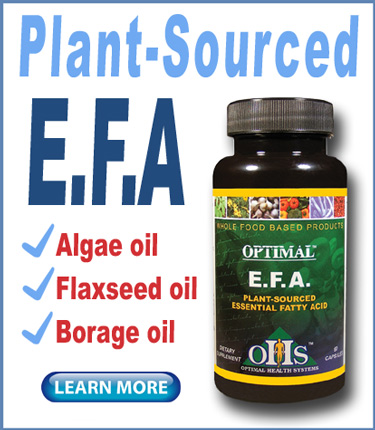Everyone today agrees essential fatty acids (EFAs) are essential for good health. And most agree adding an EFA supplement to one’s diet to compliment the small amount of EFA we get from food is a good idea too.
But at that point there’s a divergence in opinion. Some EFA proponents tout animal-based EFAs, while others argue that plant-based supplements are better.
If you’ve run into this “Battle of the EFAs” yourself, perhaps one unavoidable fact can help you make up your mind:
All fish sources in the world today are contaminated.
Don’t fall for “fishy” marketing
If you’ve ever purchased a fish-based EFA product (including krill), you’re probably well aware of how the marketing works.
Manufacturers will say their fish are caught in remote arctic waters—or that it is sourced from organic wild caught Alaskan salmon.
Fifty years ago this promoting may have been accurate. There may have been sufficient areas for providing an absolutely pure source of fish oil.
But not anymore.
Today we live in an earth so polluted that there are no areas on earth–even the arctic ocean—that is completely safe from toxic compounds.
If you consider that 29% of the pollution in San Francisco originated in China, you can begin to understand the difficulty in finding “non-toxic” sources of fish anywhere on earth.*
Examining the stats of a single toxin takes us a step closer to understanding the big picture: The Environmental Protection Agency estimates that 5,000 to 8,000 metric tons of highly-toxic mercury is addeed to the environment each year.
Other notable toxic compounds that are fed into the oceans (and the fish) include:
• Lead
• Arsenic
• Chromium
• Polychlorinated Biphenyls (PCBs)
• Strontium (and other radioactive substances)
All of these (and thousands of other less toxic compounds) are present in some degree in any fish oil supplement.
Even the U.S. government admits that any and all fish need to be consumed in limited moderation. This is why the recommendation for pregnant women is a cumulative max of just two servings per week of seafood.
In fact, the government further recommends those two servings be from species with lower mercury levels. For high mercury-containing fish like canned albacore or chunk white tuna, the limit is only one serving per week.
A better option
Since many fish acquire EFA by eating algae, you can do the same. You can forgo the contaminated fish and go straight to the source—algae—when choosing your EFA supplement.
It is ironic that many supplement manufacturers sell cleanse products for heavy metal removal, then turn around and also sell a fish oil EFA that likely puts the same toxins right back in!
You can avoid this problem by utilizing an EFA product that derives the essential oils from sources such as algae, flaxseed and borage oil.
Quality microalgae for manufacturing nutritional supplements is grown specifically for encapsulation, and comes with a number of benefits:
• It is grown in upolluted water
• It is free of heavy metals
• It is vegetarian friendly
• It has less “fishy” after-taste
• It supports environmental sustainability
• It is not made from seafood by-products
Optimal E.F.A. from Optimal Health Systems is the original plant-sourced EFA product. For two decades Optimal E.F.A. has provided beneficial oils sourced from borage oil, flaxseed oil and algae oil.
– – –
Sources: *Environmental Science and Technology, October 2010; EPA.gov; Superfoodly.com.



